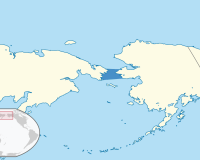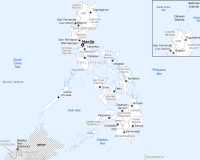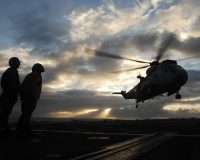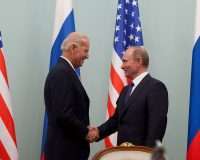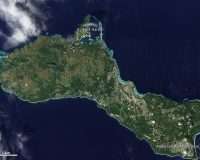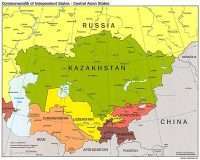The Bering Strait, an area of Russian-US geostrategic interest
Within the North Pacific Area, the Bering Strait and the area surrounding are for the Russian Federation and the United States a geo-maritime space of vital importance inherent to the defence of their respective geopolitical interests.

